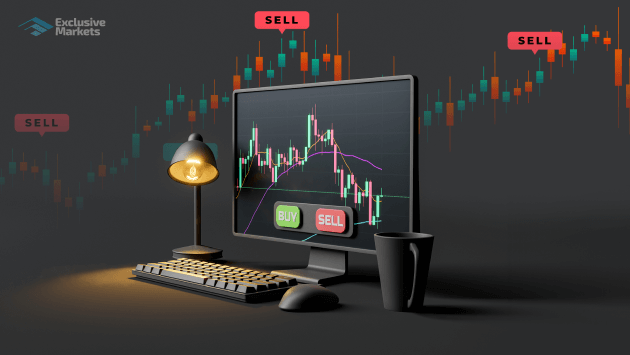
In the financial world, two of the most popular trading avenues are trading forex vs stocks Trading PH trading and stock trading. Each offers unique opportunities and comes with its own set of challenges. Understanding these can help you make a more informed decision about which path best aligns with your investment goals. This article will delve into the differences between Forex and stock trading, discussing their advantages and disadvantages, and providing valuable insights to guide your trading journey.
Understanding Forex Trading
Forex, or foreign exchange, is the largest and most liquid market in the world. It involves trading currencies from different countries against each other. The Forex market operates 24 hours a day, five days a week, allowing traders to engage in trading at any time that suits them. This extensive trading window is a significant advantage for traders who prefer flexibility.
Advantages of Forex Trading
- High Liquidity: The Forex market’s vast size ensures ample liquidity, meaning trades can be executed quickly with minimal price slippage.
- Leverage: Forex trading typically allows for higher leverage than stock trading, enabling traders to control larger positions with smaller amounts of capital.
- No Commission Fees: Many Forex brokers do not charge commission fees but instead make money from the bid-ask spread.
- Variety of Pairs: Traders can choose from numerous currency pairs, allowing for diversification and the opportunity to profit from various market conditions.
Disadvantages of Forex Trading
- High Risk: The potential for significant gains is accompanied by the risk of large losses, especially with high leverage.
- Complexity: The Forex market can be complex, influenced by geopolitical events, economic indicators, and central bank policies.
Understanding Stock Trading
Stock trading involves buying and selling shares of publicly traded companies. It is generally seen as a more traditional form of investing. The stock market operates during specific hours, with trading sessions typically happening on weekdays. Unlike the Forex market, stock trading is less flexible in terms of trading hours.
Advantages of Stock Trading
- Ownership: Purchasing stocks means owning a piece of a company, allowing investors to benefit from its success and growth.
- Dividends: Many stocks pay dividends, providing a potential source of regular income in addition to capital gains.
- Regulation: The stock market is highly regulated, offering a level of protection for investors against fraud.
Disadvantages of Stock Trading
- Lower Liquidity: Particularly for smaller-cap stocks, liquidity can be an issue, potentially leading to larger price fluctuations on buy or sell orders.
- Market Hours: The limited trading hours can be restrictive for traders seeking to capitalize on global events that may affect stock prices overnight.
Key Differences Between Forex and Stock Trading
When comparing Forex trading and stock trading, several key differences emerge that can significantly affect your trading experience and outcomes:

1. Market Hours
Forex trading is available 24/5, while stock trading is limited to exchange hours (typically 9:30 AM to 4:00 PM EST). This means Forex traders can react to global news and events in real-time, something stock traders might miss if it happens after hours.
2. Leverage
Forex brokers often offer higher leverage compared to stock brokers. This means that Forex traders can control more substantial positions with less capital. While this can amplify profits, it also increases the risk of substantial losses.
3. Asset Type
In Forex trading, you are trading currency pairs, whereas in stock trading, you are buying and selling shares of individual companies. This fundamental difference shapes your approach and analysis.
Which One is Right for You?
Deciding whether to pursue Forex trading or stock trading depends on various factors including your risk tolerance, time commitment, and investment goals.
Risk Tolerance
If you are comfortable taking higher risks for the potential of bigger returns, Forex trading may be more appealing. Conversely, if you prefer a more stable investment avenue, stock trading might align better with your risk profile.
Time Commitment
Consider how much time you can dedicate to trading. Forex’s 24-hour market might require constant attention, while stock trading, with its set hours, could take less time for those with other commitments.
Investment Goals
Finally, think about your long-term investment goals. If you aim for long-term capital appreciation, stock trading could be more beneficial. On the other hand, if you are interested in short-term trading strategies, Forex might be the way to go.
Conclusion
Both Forex and stock trading offer unique opportunities and risks. Understanding these differences and aligning them with your personal preferences and financial goals can help you make the right choice. Whichever path you choose, it’s essential to educate yourself continuously, practice disciplined trading, and remain aware of the market dynamics influencing your investments.
